
Tenured Researchers
|
Ilie Bădescu
Corr. Mem. AR, Manager of the Institute of Sociology badescu@insoc.ro |
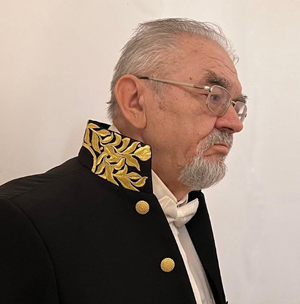
|
|
Valentina Pricopie
Habilitated doctor, Researcher first degree (R4) valpricopie@gmail.com |
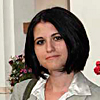
|
|
Ecaterina Balica
Habilitated doctor, Researcher first degree (R4) ebalicaHS@gmail.com |

|
|
Cristina Dâmboeanu
Ph.D, Researcher first degree (R4) cdamboeanu@gmail.com |

|
|
Camelia Beciu
Ph.D, Researcher second degree (R3) beciu@insoc.ro |
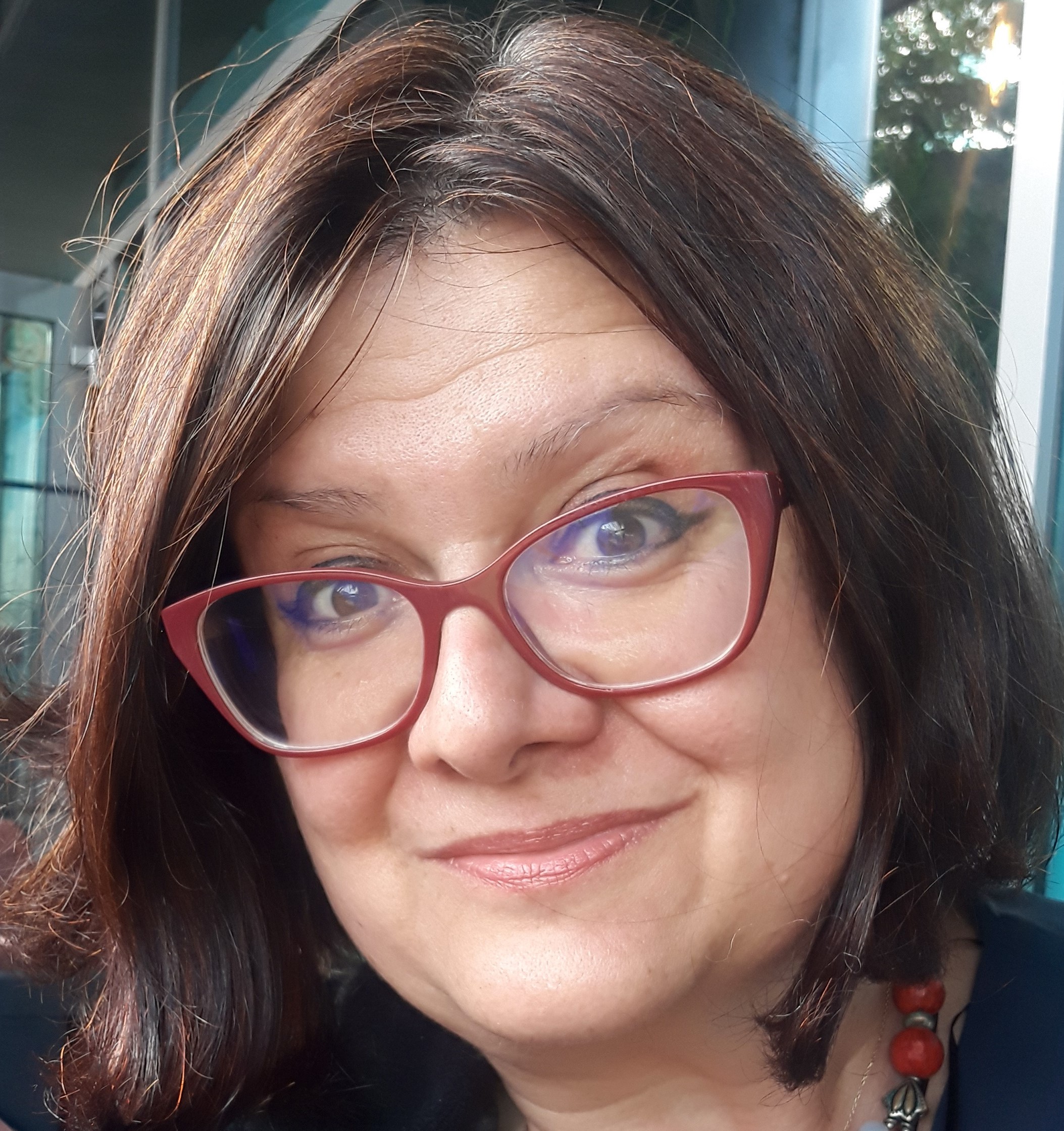
|
|
Ozana Cucu-Oancea
Ph.D, Researcher second degree (R3) ocucuoancea@yahoo.com |

|
|
Lucian Dumitrescu
Ph.D, Researcher second degree (R3) luciandumitrescu@insoc.ro |
|
|
Anca Velicu
Ph.D, Researcher second degree (R3) anca.velicu@gmail.com |
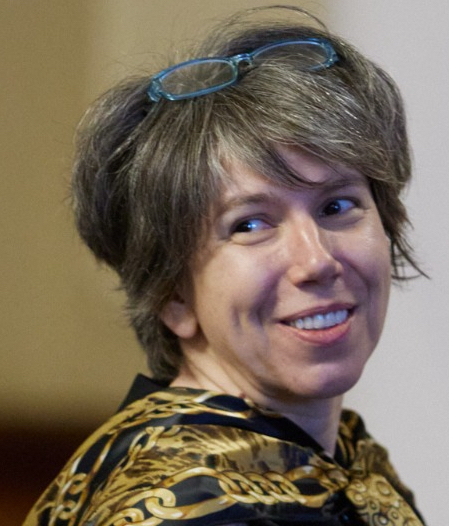
|
|
Adela Şerban
Ph.D, Researcher third degree (R2) adelaserban@insoc.ro |

|
|
Manuela Gheorghe
Ph.D, Researcher third degree (R2) manu_er2003@yahoo.fr |

|
|
Andreea Nicolaescu
Researcher third degree (R2) andreea.nicolaescu@yahoo.com |
|
|
Maria Mitrică
Ph.D, Researcher third degree (R2) mariamitrică@insoc.ro |
|
|
Veronica Dumitraşcu
Ph.D, Researcher third degree (R2) veronica.dumitrascu@gmail.com |

|
|
Irina Stahl
Researcher third degree (R2) irinastahl@insoc.ro |
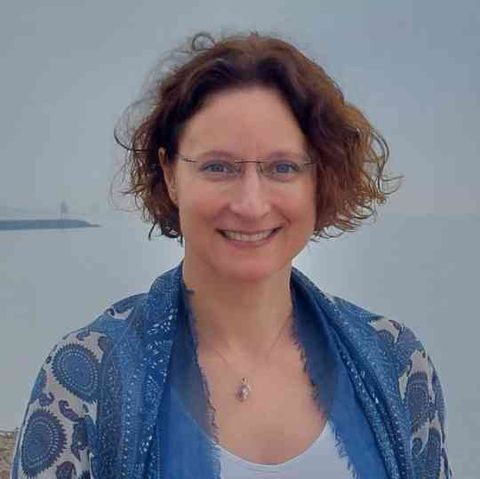
|
|
Florin Popa
Ph.D, Researcher (R1) popaflorin@insoc.ro |
|
|
Iulian Apostu
Ph.D, Researcher (R1) phdiulian@gmail.com |

|
|
Mădălina Măndiţă
Ph.D, Researcher (R1) madalinamandita@insoc.ro |

|
|
Angelica Helena Marinescu
Ph.D, Researcher (R1) a.h.marinescu@insoc.ro |
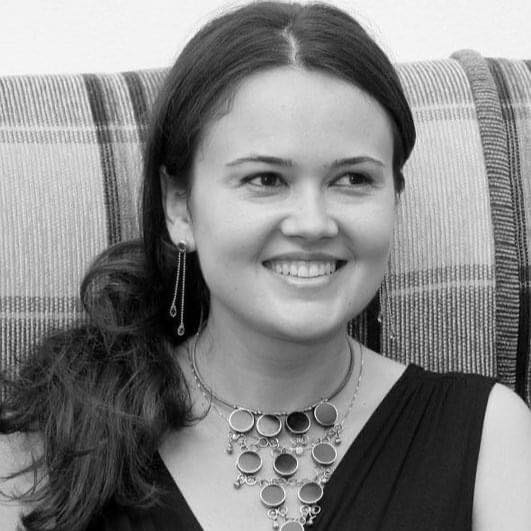
|
|
Florentina Herea
Ph.D, Researcher (R1) suspended on medical reasons funieruf@yahoo.com |

|
|
Vlad Bilevsky
Assistant of research vladbilevski@insoc.ro |
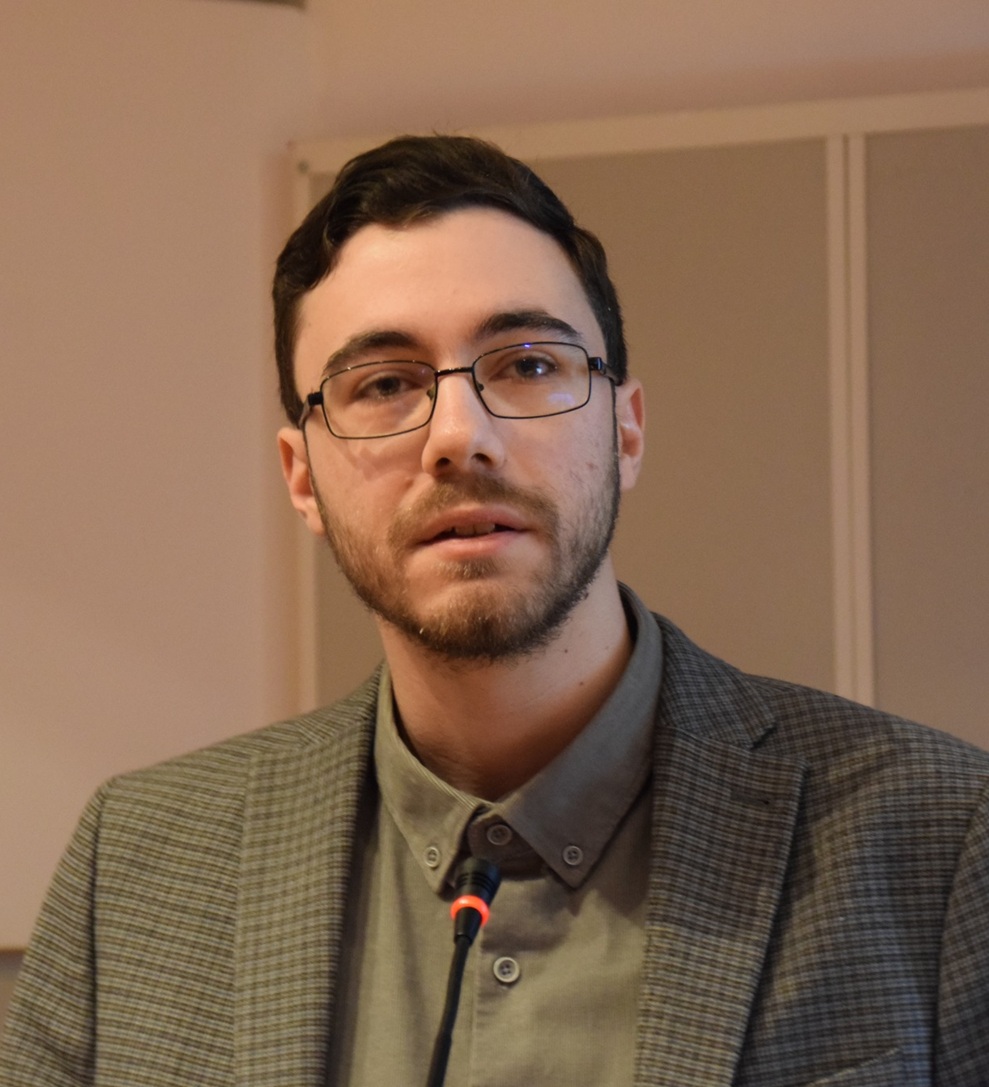
|
|
Monica Elena Mitarcă
Editor 1A monica.mitarca@insoc.ro |

|
Correspondent member of the Romanian Academy, director of the Institute of Sociology since 2002. He conducted research on the modern world system and its crises, on demographic winter, the planetary decline of progeny, the phenomenon of historical fatigue etc. He was actively involved in the revitalization of research dedicated to the Romanian rural environment, and coordinated researches dedicated to the sociology and geopolitics of frontiers. Author of numerous studies, textbooks, monographs, encyclopaedias and treatises on sociology and geopolitics, he initiated a new direction of studies attested by three new fields in Romanian research: noology, noopolitics and noogeny.
She holds a PhD in Information and Communication Sciences (Université Lumière Lyon 2, 2006), and joined the Institute of Sociology in 2009, where she coordinates SERL (Social Europe Research Laboratory). Is the author of numerous studies in media-communication, sociology of communication, sociology of human rights and memory studies. Since 2014, she supervises doctoral dissertations in Sociology at the Doctoral School in International Relations and Security Studies (Babeș-Bolyai University in Cluj-Napoca). Founding member of the francophone international research network Discours d`Europe and Boarding Member of Institute for the Study of the Idea of Europe (ISIE, University of East Anglia, UK).
Coordinator of the “Romanian Observatory on Homicide Studies and Prevention” and of the national research group of the “European Observatory on Femicide”. She has over 25 years of research experience in national and international projects in the field of sociology of crime and criminology. Since 2019 she has been a coordinating professor at the School of Advanced Studies of the Romanian Academy.
Areas of specialization: homicide, femicide, homicide-suicide, migration and crime, restorative justice
Doctor in sociology since 2010; member of the Social Europe Research Laboratory. Her domains of research include the study of "total institutions" and the sociology of human rights, both areas focusing mainly (but not exclusively) on the prison environment. The first axis of research was primarily developed in her doctoral and post-doctoral studies; the second one became subject of her scientific interest afterwards, both in relation to vulnerable social categories and to the study of media representations of the recent European past. Fields of expertise: social problems, total institutions, effects of imprisonment, pisoners’ rights, human rights, media representations of WW2
Professor at the University of Bucharest, Faculty of Journalism and Communication Sciences and senior researcher at the Institute of Sociology (Sociology of Communication and Public Space Laboratory - SocioCom). She has published extensively on the media construction of public problems, political communication, media and the public sphere, media and migration. She examined the construction of migration in public discourses. She has been visiting professor at IEP Lyon, visiting researcher at Fondation Maison des Sciences de l’Homme within the programme DEA - Directeurs d’études associés (2015), and postdoctoral grantee of prestigious advanced research institutes (New Europe College, Bucharest; FMSH-EHESS-CNRS, Paris; University of Bologna).
I have been a researcher at the Institute of Sociology since 1998 and hold a PhD in Sociology from the University of Bucharest (2006). At the heart of my work lies a constant interest in people—both in life and in my profession. I seek to stay close to them, to understand their inner worlds and the meanings they create. As a sociologist, I am particularly drawn to the ways in which social life unfolds in these human microcosms, especially during holidays and festive occasions, when symbolic expression becomes more visible and intense. My approach relies on personal documents and a longitudinal perspective, aiming to capture the complexity of lived experience as faithfully as possible.
Lucian Dumitrescu holds a Ph. D. in sociology and another one in philosophy that were awarded by the University of Bucharest, and he also graduated from the postdoctoral studies organized by the National Defense University “Carol I”, with a focus on theories of internal and external security. He is particularly interested in strategies of conceptual innovation and theorising that offer a more complex view on long-term social, economic and political processes. Areas of interest: political sociology, institutional sociology, historical sociology, Romanian sociology, global international relations.
Anca Velicu has been a doctor in sociology since 2009, holding an expertise in digital technology usage by children and young people. Over time, Anca has published studies on the use of digital technologies in educational context, parental mediation, online risks and opportunities for children, media education, digital citizenship, etc. Anca has been involved in numerous national and international research projects, and since 2014 she has been the contact person for Romania in the EU Kids Online network. Alongside her research activity, Anca is involved with civil society in various projects on online safety and media education.
Researcher, Doctor in Sociology, expert in Community Studies and Societal Security, Adela Șerban is a member of the research team of the Institute of Sociology since 2004. She hold Ph.D in sociology since 2006. She is a founder member and coordinator of the Research Laboratory on Social Theory, where is dedicated to the study of community structure and social morphology and new security analysis framework. Research experience in 30 national and international research projects. Author of the books: Societal security. Theoretical Framework (2008), Security and Societal Insecurity (2013).
A graduate of the Faculty of Philosophy-History of the University of Bucharest, PhD in Social Sciences and specialist in the sociology of religions. With over 25 years of experience in research, in her publications and projects she addresses specific themes such as: the history of the sociology of religions in Romania, religion in Romania during the communist regime, the evolution of religious beliefs and practices in communities of believers, religious freedom and tolerance, religious visionary, trends in religious affiliation in contemporary Romania, secularization and future perspectives of religion, valorization and critical reinterpretation of the contributions of prominent members of Bucharest Sociological School in the field of sociology of religions.
Andreea Nicolaescu is member of the research team at the Institute of Sociology of the Romanian Academy since 1999, currently working within the Laboratory for the Sociology of Organizations.
PhD in sociology, Sociologist and journalist, specialist in sociology of news
agency journalism and in sociological impact studies, regional barometers, migration studies, diagnosis of quality of life and environment in rural communities. She has been involved in numerous social research projects carried out in partnership with public authorities and institutions in order to elaborate county and regional development strategies.
Researcher, PhD in Sociology, Veronica is coordinating Research Laboratory Political Sociology. Between 2022-2024 she was part of a team at the Euro- Atlantic Resilience Center within the Ministry of Foreign Affairs, in the Research and Training Department. She participated in projects regarding the analysis of socio- demographic indicators concerning Romania’s development, but also on disaster risk assessment, component of community vulnerability. She is the author of the books: “Frontiers and civilizations.The eastern frontier of the European Union: geopolitical and identity aspects” (2014) and “Romania in the context of the new pandemic crisis. Vulnerabilities, risk factors, threats. A socio- political radiography” (2021).
Researcher in the field of sociology of religion, since 2010 she is dedicated to the study of Vernacular Orthodoxy, with special attention paid to the religious phenomenon in the urban space. She addressed topics of the history of sociology and social history, especially regarding the social change in the urban space, the 19th-20th centuries. Member of several international professional societies and associations, she stood out in particular for her activity within the International Society of Ethnology and Folklore (SIEF), where she is part of several working groups (Ritual Year, Popular Religion and the Francophone Group). In 2021, was elected a member of the Executive Committee of the company, currently serving her second term in this position: https://www.siefhome.org/about/board.shtml.
PhD in Sociology, Florin Popa is a member of the research team of the Institute of Sociology since 2004, currently working in the Laboratory of Rural Sociology and Comparative Analysis of Communities. He was involved in the elaboration of social atlases and series of maps of social risks and vulnerabilities, mastering skills in social cartography.
Iulian Apostu is doctor in sociology since 2010 and since 2016 he is a scientific researcher at the Institute of Sociology within the Romanian Academy. He is an associate professor at the Faculty of Sociology and Social Work of the University of Bucharest. His scientific interests falls mainly in the field of sociology of the family and couple with a special focus on the problems related to the family, education and marital mediation. Within the Institute of Sociology of the Romanian Academy, Iulian Apostu is the coordinator of the Research Laboratory "Sociology of the family and the married couple".
PhD, scientific researcher and member of the research team within the Institute of Sociology of the Romanian Academy since 2008. Research fields: sociology of religion, political sociology, noology. She authored the books: Comparative Noology of Jewish and Romanian People (2017) and Sociologia românească a manifestărilor spirituale (2017). She published a number of articles and studies regarding the spiritual and political dimensions of society. Member of the Political Sociology Laboratory.
Ph.D in Sociology (University of Bucharest) and in Communication Sciences (Université de Bourgogne). Conducts research related to social and cultural history - tangible and intangible heritage, national museums; the recent past - Romanian plastic art, collectivization, IT isolationism; migration and the new diaspora; Asian studies (India, South Korea), media studies (online communities and social networks, ICT, AI and art), international political relations (Serbia).
PhD in sociology, with research interest in the field of sociology of language, capitalizing on the research direction opened by Traian Herseni. Her research interests fall mainly on social and symbolic functions of language, their role in strengthening social solidarity and the statal institutional response towards the mother tongue (examined mainly through the legislative indicator of language protection).
Specialist in philosophy. Interested in history of Romanian interwar and postwar culture, editor of Constantin Noica, Nichifor Crainic, Paul Anghel, Titus Mocanu, etc.
Books edited (selection): Constantin Noica, Letters to Paul Anghel, Iași, Junimea Publishing House, 2023; Nichifor Crainic, Romanian Renaissance, vol. I: In the light of freedom, vol. II: Ephemerides over the century, Iași, Junimea Publishing House, 2023; Nichifor Crainic, White Days. Black Days, vol. I: Memories of my life, vol. II: Memoirs, Bucharest, Romanian Academy Publishing House, 2024; Nichifor Crainic, White Nights. Black Days. The Martyrdom at Aiud, Bucharest, Romanian Academy Publishing House, 2025, etc.
Ph.D in Communication Sciences, translator of fundamental works in the field of communication sciences, editor and researcher. Areas of interest: image in the digital world, virtual identities, film (and especially Romanian film). Within the Institute of Sociology, he is a specialist editor of the journal Revista Română de Sociologie.
Webmaster: Iuliana Serban
